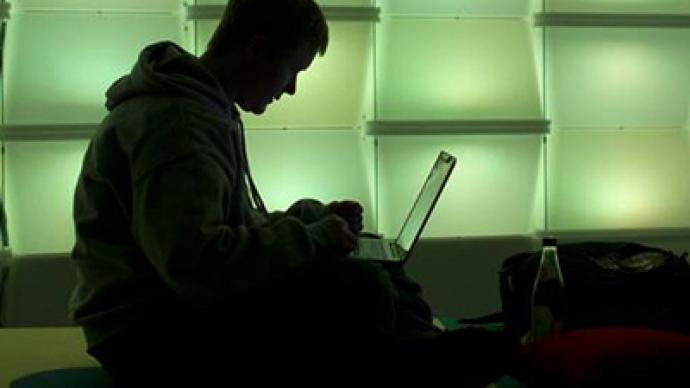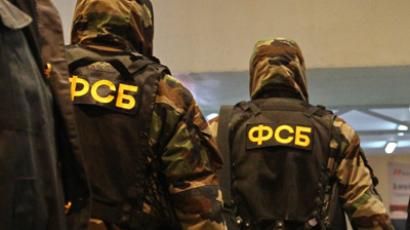Russian internet laws could make ISPs liable for user’s crimes

New amendment that would make internet service providers disclose the identity of users who commit crimes online. If providers refuse they will become suspects in criminal cases instead of the users.
MP Sergey Zheleznyak has presented the draft law to reporters and said the lawmakers’ ultimate objective is to expand the ordinary “offline” laws to online. “For example, you cannot threaten someone’s life and health offline, so you cannot do so online as well,” the parliamentarian elaborated. The legislators consider the most effective measure will be to force providers to uncover the end user suspected of a crime and disclose the user’s full identity to law enforcers. In order to stimulate the providers’ cooperation, the MP suggested the responsibility for the crime is laid on the companies that refuse to share the data.At the same time, Zheleznyak told reporters that he and other authors of the bill considered the “Chinese option” when all Internet users provide their passport data to receive a connection as absolutely wrong. If the new bill comes into force (and Zheleznyak promised the first draft will be ready by the summer) it might pose serious difficulties for service providers as they cannot always fully identify the user and registering all users activities on the web would require significant computer resources. Russian communication law already obliges internet service providers disclose all information required by law enforcers and the administrative code details the fines that are levied for failure to do so. In addition, recently changed rules allow the consumer rights agency Rospotrebnadzor to tell providers to close access to allegedly banned web-sites before a court order, allowing the site owners to contest this decision in court. Internet providers, in turn, have attempted to introduce their own regulations on the internet which, they claim, would prevent the state from applying too much control and censorship. The first experiment will take place the central Russian Kostroma Region where all Internet providers agreed to provide access only to the Safe Internet – the sites hand picked and verified by experts of the safe internet league. Users who wish to browse other parts of the web would have to ask the providers for permission. The experiment caused heated discussions in the media and social networks and the authors of the initiative backed down slightly saying that there were no plans to switch to the safe internet option by default, but only at a users request.














